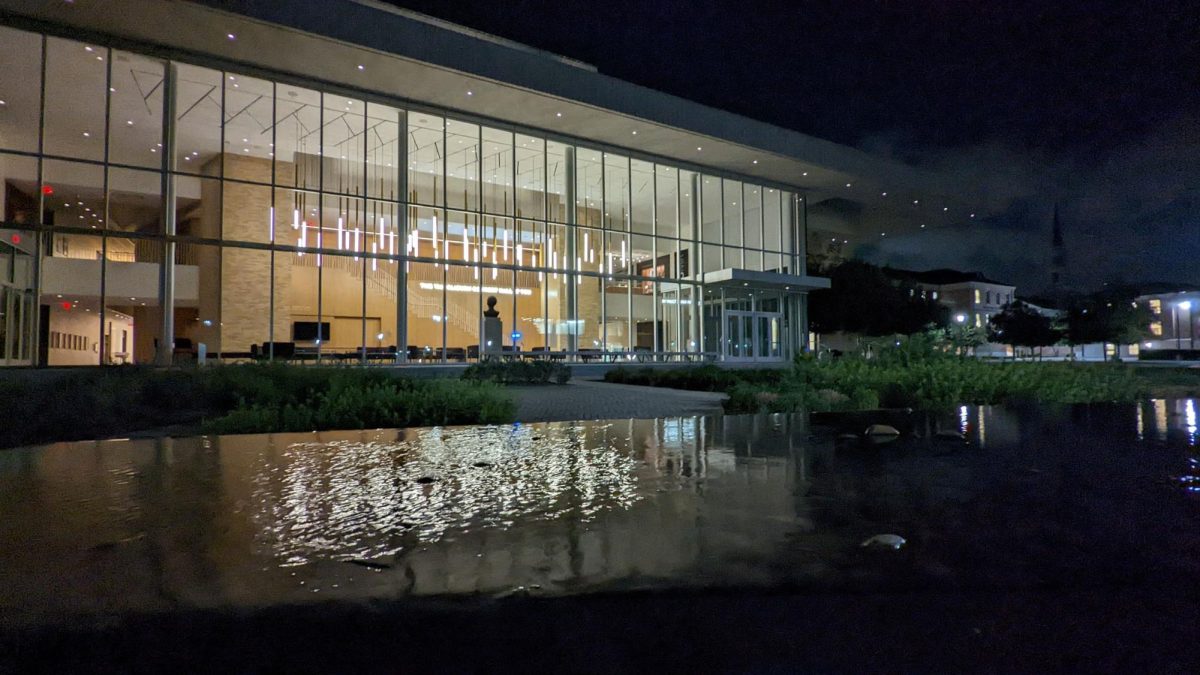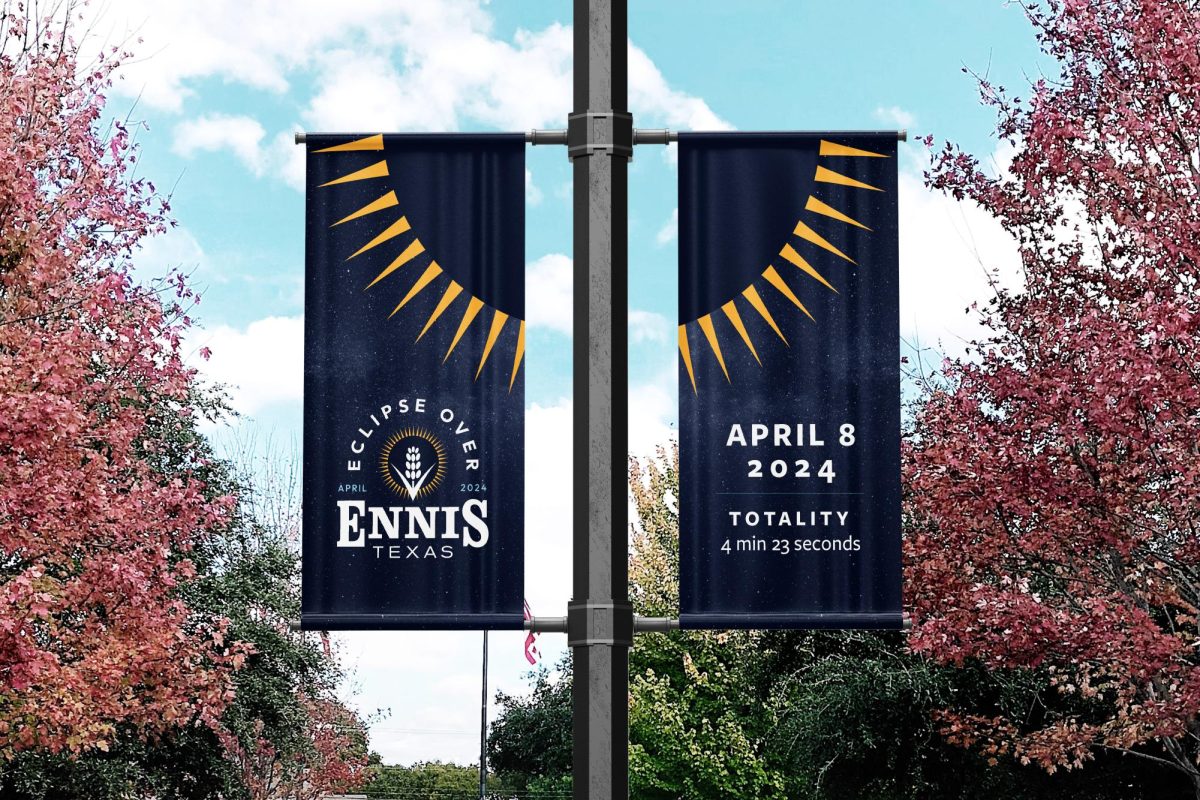The Storm Water Management Division presented a possible solution to the Forest Park-Berry flooding problem – passive detention — at a community meeting in the109 on April 28.
The Feasible Options Study meeting, held at Travis Avenue Baptist Church, gave citizens the opportunity to voice their opinions on different flood control options.
Greg Simmons, assistant director of the Transportation and Public Works Department, said the purpose of these meetings is to get community input.
“The reason it’s taking so long is because it’s very difficult to meet the solution for the problem this massive,” Simmons told those who attended. “Since September, we’ve been much more engaged with the community. We’re basically bouncing ideas off of you.”
According to the Storm Water Management Division, the Forest Park-Berry area does not have large enough pipes to remove water during heavy storms. Current pipes cannot support the removal of a heavy rainfall, causing a water backup and floods.
On June 28, 2004, a storm caused flooding in the watershed area, washing cars off the road and damaging homes.
Project manager Burton Johnson works with the Michael Baker Jr. Corp. on the engineering aspects of the projects, said 14 people had completed a survey on storm water issues, but many more people are affected.
“We’d like to see that number be more like 2,000,” Johnson said.
Of the 14 respondents, replies ranged from flooding problems over six times per year to flooding once every two years, he said.
Citizens of the Fort Worth-Berry Watershed can find the survey on the Storm Water Division’s website.
Passive detention
Johnson said most flood damage occur in two-, five- and 10-year event floods. A two-year is the expected minor flood occurring every two years. A 10-year is the expected larger flood once every decade.
To address this problem, the city may introduce passive detention — storing water in less intrusive and less unsightly ways. The timeline for passive detention would be five to 10 years.
For example, Burton said, landscaped ponds could serve as detention zones. Burton said the city would look for multi-use land options, too, like detaining water under a soccer field.
The goal would be to increase the level of service by one inch. This would bring the level of water able to be dealt with up to 2.5 inches per hour, at the 10-year event mark. The current system can handle 1.5 inches per hour, which falls at the two-year event mark.
Johnson said the best place for the city to buy homes or businesses to implement passive detention would be at the highest flood levels south of Cleburne Road.
The Storm Water Management Division is also working with a Transit Oriented Development committee, which is in charge of developing a new light rail train station in the area.
The city hopes to build urban villages around the train station so the maximum amount of people can walk to the station. In this new “neighborhood,” the city may couple new buildings with detention ponds.
A Berry Street Initiative meeting is tentatively scheduled for May 26 to discuss the new railway station.





